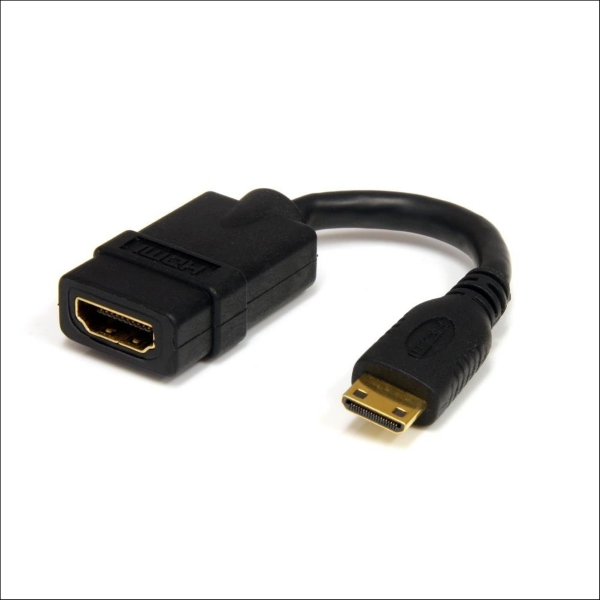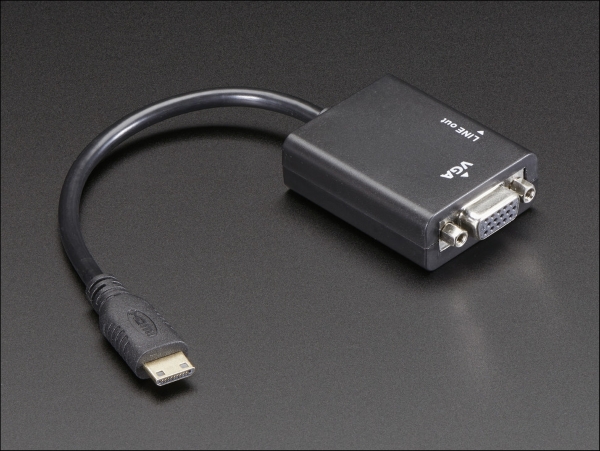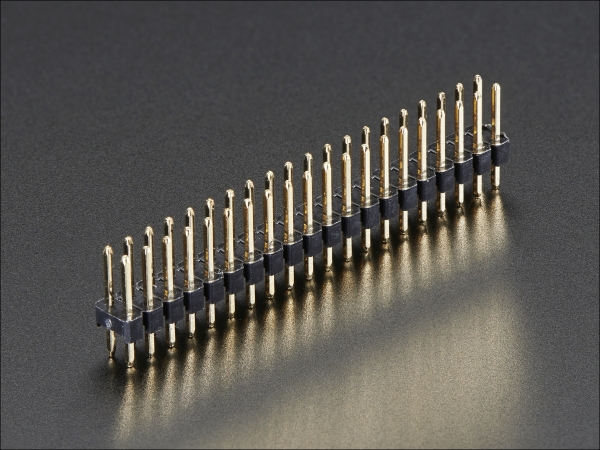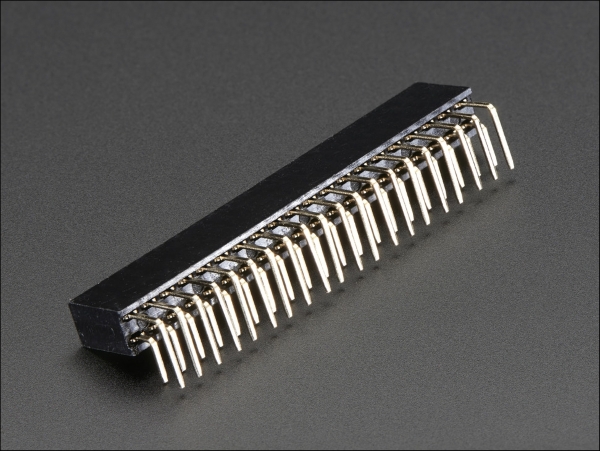Chapter 15. Newer Raspberry Pi Models
The latest additions in the Raspberry Pi family are the Raspberry Pi Zero and Raspberry Pi 3. We did not discuss these new additions in the earlier chapters. So, let's focus on a few details of both these new members of the Raspberry Pi family.
The Raspberry Pi Zero
The size of a Raspberry Pi Zero is half the size of a Model A+. This is ideal for embedded projects where size and power requirements are stringent. Here are the specifications for the Raspberry Pi Zero:
- A 1-GHz, single-core CPU
- 512 MB of RAM
- Mini HDMI and USB on-the-go ports
- Micro USB power
- A HAT-compatible 40-pin header
- Composite video and reset headers
Here is an image of the Pi Zero, obtained from www.wired.co.uk:

There are two ways in which we can connect the Pi Zero to a display:
- Using mini-HDMI-to-HDMI converter, shown here:

- Also, we can use VGA for display. For this, we need to use a mini-HDMI-to-VGA adapter.

Note
This can be purchased at https://www.adafruit.com/products/3048.
For conveniently using the GPIO pins of the Pi Zero, you can use any one of the following two-pin strip GPIO headers:
Also, for connecting various devices, a mini-USB-to-USB converter can be used.
Note
This can be obtained from https://www.adafruit.com/products/2910.

The Raspberry Pi 3
The Raspberry Pi 3 is the latest addition to the Raspberry Pi family. It is a third-generation Raspberry Pi. It replaced the Raspberry Pi 2 Model B in February 2016. Compared to the Pi 2, it has the following features:
- A 1.2-GHz 64-bit quad-core ARMv8 CPU
- 802.11n onboard wireless LAN
- Bluetooth 4.1
- Bluetooth Low Energy (BLE)
Also, like the Raspberry Pi 2, also has the following features:
- Four USB ports
- 40 GPIO pins
- A full-HDMI port
- An Ethernet port
- A combined 3.5mm audio jack and composite video
- A camera interface (CSI)
- A display interface (DSI)
- A micro-SD card slot (now push-pull rather than push-push)
- A VideoCore IV 3D graphics core
The form factor of the Pi 3 is identical to that of the Pi 2 and Pi 1 Model B+. The Pi 3 has complete backward compatibility with the Pi 1 and 2.
Note
The product description for the Pi Zero and Pi 3 can be found on Raspberry Pi's official product pages:
https://www.raspberrypi.org/products/pi-zero/
https://www.raspberrypi.org/products/raspberry-pi-3-model-b/





























































